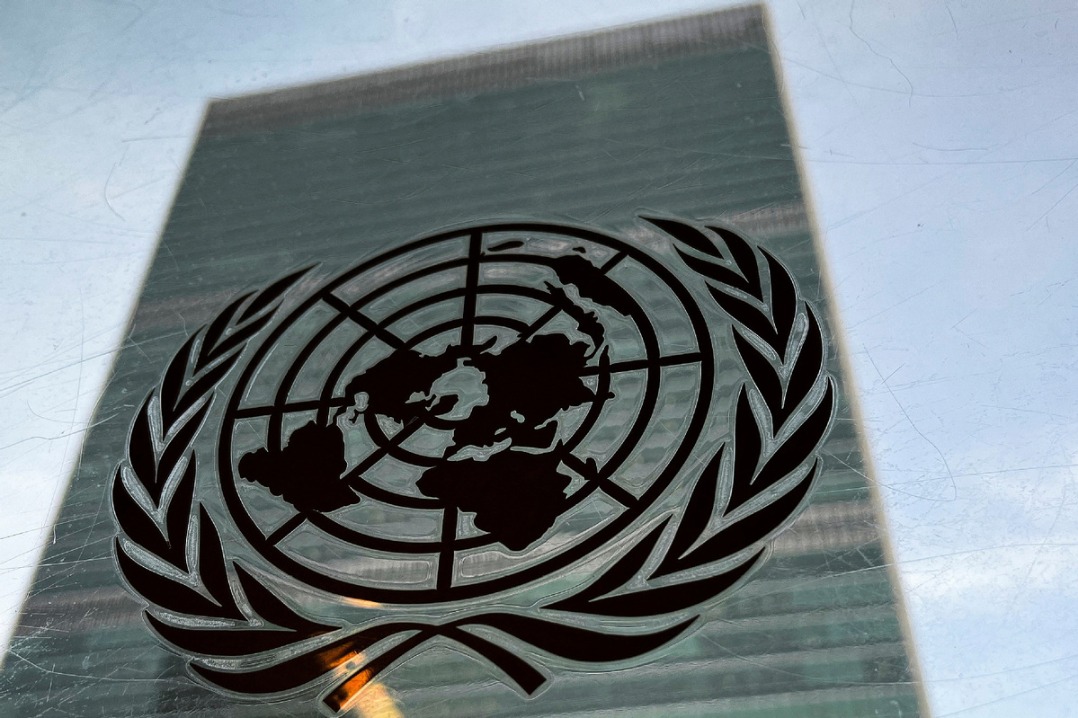Improve testing or economy will suffer, say firms


The United Kingdom's much-criticized novel coronavirus testing program is not only posing a major risk to public health but is also in danger of doing significant damage to the country's economy, business leaders have warned.
Demand for testing has soared since people returned to work following the end of the summer holiday season and with schools having reopened after months of lockdown.
The system has been overwhelmed, with reports of people being told their nearest test centers are several hours' drive away, some of the worst-hit regions have had minimal or no supplies, and samples have even been sent overseas for analysis, because of a lack of testing capacity.
Unless the government "gets a grip" soon, Adam Marshall, the director-general of the British Chambers of Commerce told the Financial Times, further periods of lockdown, with hugely damaging consequences, looked likely.
"A truly comprehensive test and trace program is essential if the UK is to manage the virus without further lockdowns which will cripple businesses," he said.
"Continuing delays and a shortage of tests saps business, staff and consumer confidence at a fragile moment for the economy."
At the start of the month before schools reopened, the FT reported, 63 percent of people in England who had tested positive for novel coronavirus were informed of their test results by the end of the day after the test took place. But according to official government figures, by this week that figure had slumped to just 8 percent.
Areas of Northeast England have become the latest to be subjected to regional lockdown measures, and Prime Minister Boris Johnson told a committee of MPs that the government will do "everything in our power to prevent" a second national lockdown, which he said would be "completely wrong for this country".
"And can we afford it?" he continued. "I very much doubt that the financial consequences would be anything but disastrous, but we have to make sure that we defeat the disease by the means that we have set out."
The only way the country would be able to enjoy a proper Christmas, he said, was by taking tough, decisive action now. But Matthew Fell, from the Confederation of British Industry, said more than just tough talk was needed to make people feel more comfortable about returning to work.
"The prize is having a faster turnround in getting results which will let people know where they stand and whether they need to self-isolate or can return to work quickly," he said.
Meanwhile, the Bank of England says the UK economy is "less weak "than previously expected, having seen a 7 percent reduction in the current quarter, but has warned that it still remains vulnerable to a rise in cases of COVID-19.
"The recent increases in COVID-19 cases in some parts of the world, including the United Kingdom, have the potential to weigh further on economic activity, albeit probably on a lesser scale than seen earlier in the year," said a statement from the bank, adding that the economic outlook "remains unusually uncertain".
Consumer spending continued to recover during the summer as lockdown was eased for the holiday season, with levels close to that at the start of the year, before the pandemic set in.
Interest rates will be kept at 0.1 percent, the bank said, and are likely to remain that way until what it called "significant progress" is made on getting inflation back to the target of 2 percent. Currently, the figure is 0.2 percent, the lowest it has been for five years, and the bank said it was unlikely to hit the target for at least two more years.
The bank also said that its monetary policy committee had already been discussing "plans to explore how a negative bank rate could be implemented effectively", if that was required, and although economic indicators were a "little stronger "than had been expected the previous month, overall, the long-term impact of this remained unclear.



































